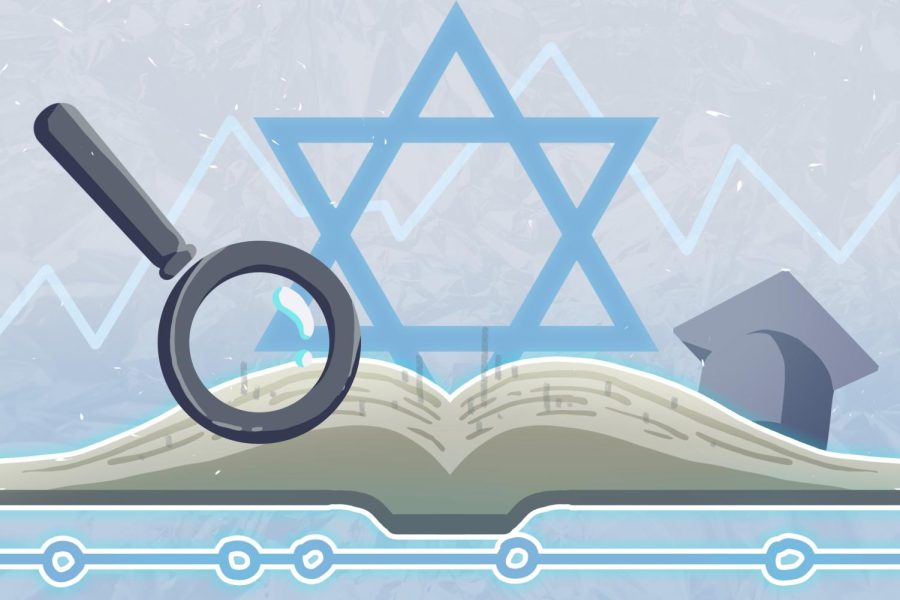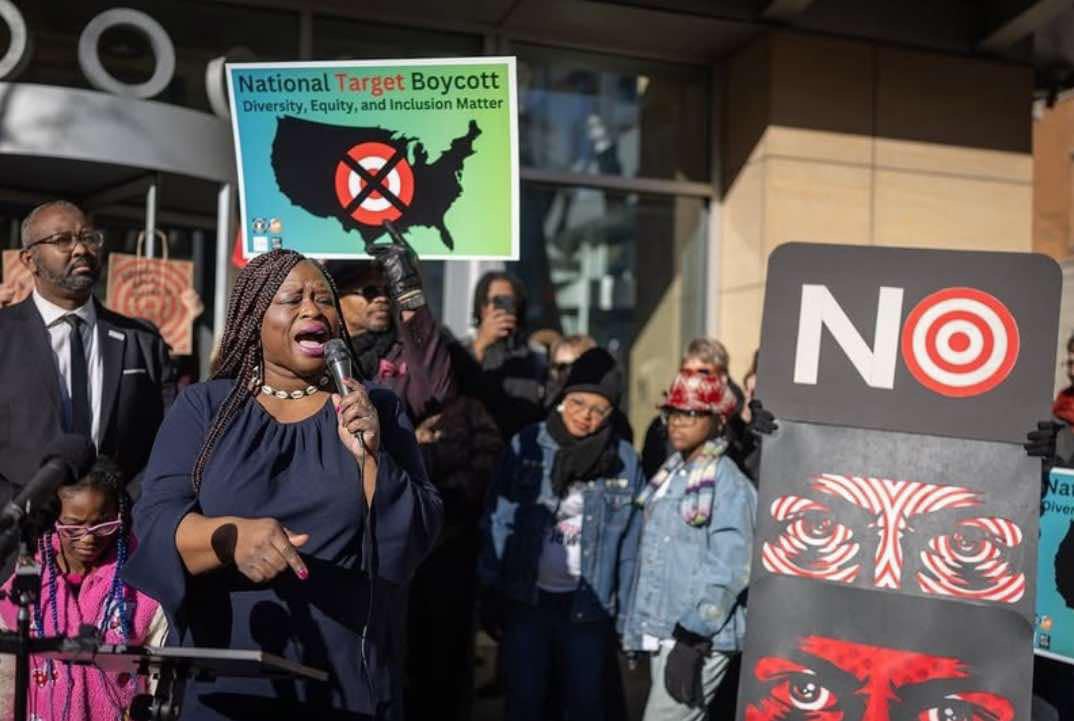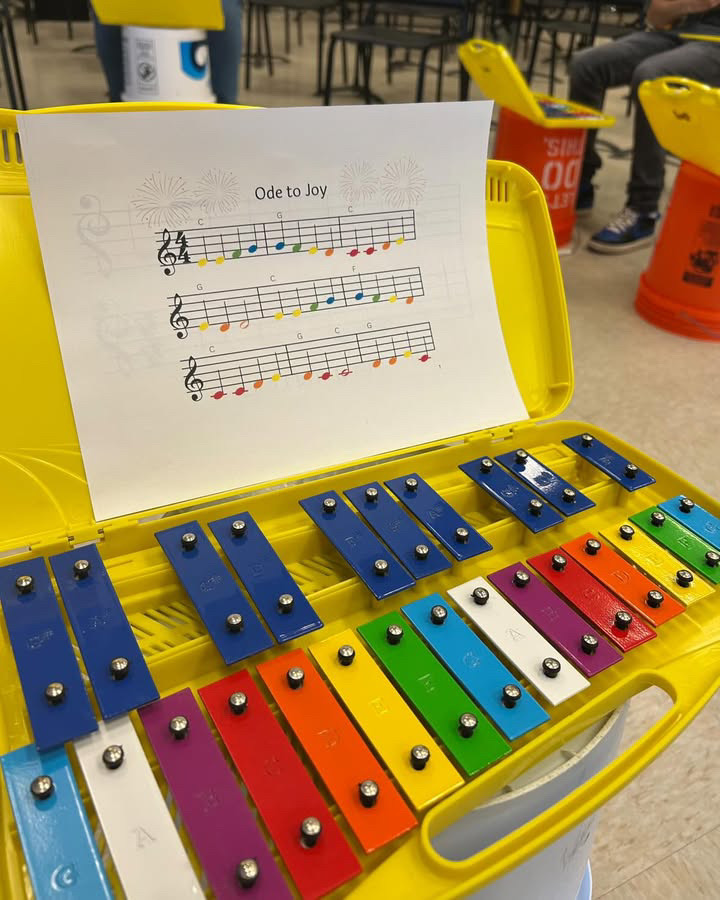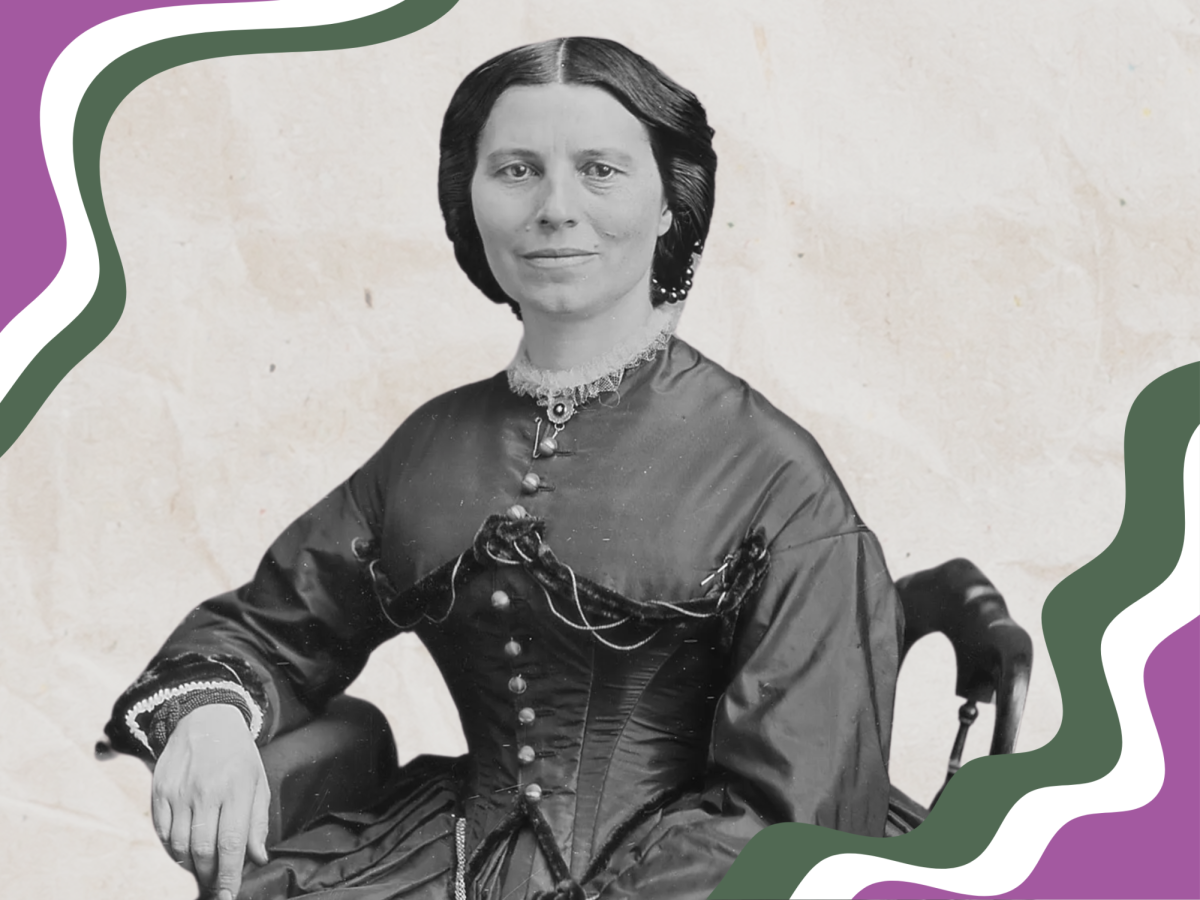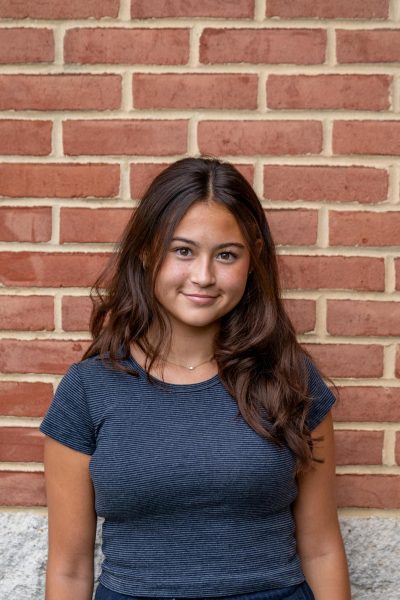In March 2024, The Maryland legislature declined to take a vote on the Educate to Stop the Hate Act, which would’ve mandated Holocaust education in Maryland public high schools.
The bill proposed inclusion of the Holocaust, antisemitism and the experiences of other marginalized groups in MCPS social studies curricula. To ensure compliance, the bill would authorize the Maryland Board of Education to withhold funding from schools that do not implement the curriculum.
State Senator Ben Kramer, who sponsored the bill, said he proposed it in response to a spike in antisemitic incidents across the state.
“We have seen a dramatic increase and prevalence in hate speech and hate actions and hate crimes,” Kramer said. “I felt that it is important to try to address — as best we can in our schools — this issue.”
Kramer highlighted the critical need for accurate and reliable information in school curriculums. He expressed concern about the prevalence of misinformation online and stressed the importance of teaching students verifiable facts.
“The goal here is to try to give an opportunity to teach facts and not fiction,” Kramer said. “Too many people at this point are getting their information from the internet.”
For a bill to become law, it must be passed by both the House and the Senate. Kramer and other sponsors introduced the bill in early February 2024, and the Senate passed it in early March. However, the House Ways and Means Committee declined to vote on the bill. Kramer’s office says he has not decided whether to reintroduce the bill in the fall session.
Delegate Marc Korman, who represents Whitman’s legislative district, said that the House is generally reluctant to control school districts’ curricula.
“While there are many worthy ideas for school curriculum, and I personally support enhanced Holocaust education,” Korman said, “it is exceedingly rare for the Maryland General Assembly to pass curriculum mandates.”
Korman said legislatures have exercised other ways of influencing Holocaust education, such as changing the standards for teacher training. In February 2024, a bill passed by the House proposed teacher training on antisemitism.
In 2022, antisemitic incidents increased by 49% in K-12 schools, according to the Anti-Defamation League. Recently, Whitman has dealt with a series of antisemitic incidents itself. In December 2022, there was antisemitic graffiti painted on the sign outside of Whitman. Two months later debate team members allegedly made a series of antisemitic comments on a club trip.
Sheryl Freedman, the head of the Leadership Academy for Social Justice (LASJ) believes that the bill could help gain sensitivity towards Jewish people in the Whitman community.
“I think with more education can come greater empathy about people’s experience, and why some things might be seen as offensive,” Freedman said.
Not everyone concerned with rising antisemitism believes a drastic bill is the answer. Sophomore Dylan Weiss, the Social Media Manager for the Jewish Student Union (JSU), worries that the bill could cause students to resent extra coursework they attribute as being the fault of Jewish students.
“Jewish people are not a threat, and they have suffered as well,” Weiss said. “But I also believe that if we are forcing it down the throats of people who don’t want to learn, or see it as a chore, that it could increase antisemitic incidents.”



